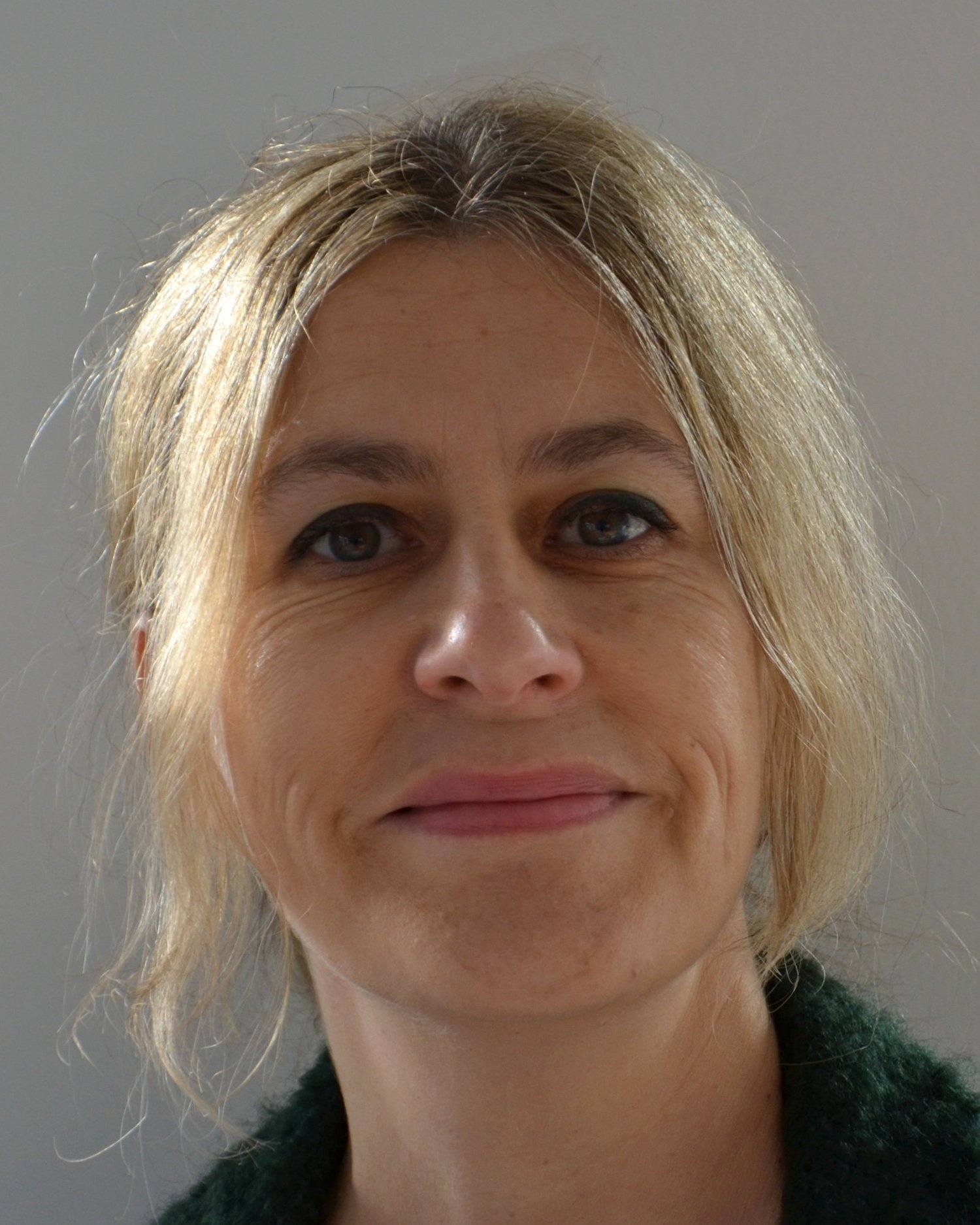FRANCESCA M. SPAGNOLI
BIOGRAPHY
After graduating from Medical School, Francesca received her Ph.D. in Genetics from the Pasteur Institute and UPMC in Paris, France. She then did her postdoc at The Rockefeller University, New York, USA, in the Brivanlou lab. In 2008, she established her own research group at the Max Delbrück Center in Berlin, Germany, where she has initiated new lines of investigation on the control of pancreatic cell identity and lineage reprogramming strategies.
Francesca has recently moved to London to become a Group Leader at the Centre for Stem Cells and Regenerative Medicine, King's College London. She has been the recipient of prestigious grants, including an ERC Starting grant, ERC Proof-of-Concept grant, and and Wellcome Trust Investigator award. More recently, she became the coordinator of a FET OpenEuropean consortium on bioengineering pancreatic tissue. She is also the Director of Wellcome Trust PhD Programme called ‘Advanced Therapies for Regenerative Medicine’.
TOPIC: 'ENGINEERING PANCREATIC TISSUE: CELLS IN TIME AND SPACE’
Cell identities are assigned by the interplay of extrinsic signals and intrinsic determinants. My research interests focus on the mechanisms regulating cell identity and plasticity in metabolic organs, such as the pancreas and the liver.
We use a combination of genetic approaches with genomic strategies and imaging in mouse embryos and human stem cells to study how distinct cell types, such as liver and pancreas, arise from common progenitors and acquire specialized shape to form functional organs.
Is the establishment of distinct cellular identities and morphogenetic programs interdependent? How plastic are these cellular states? Can we harness cell plasticity between liver and pancreas towards novel regenerative therapies for diabetes?
Ultimately, the long-term goal of our research is to translate these concepts into a better understanding of the pathogenesis as well as treatment options of diabetes.

